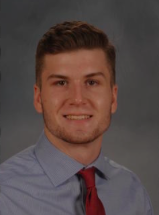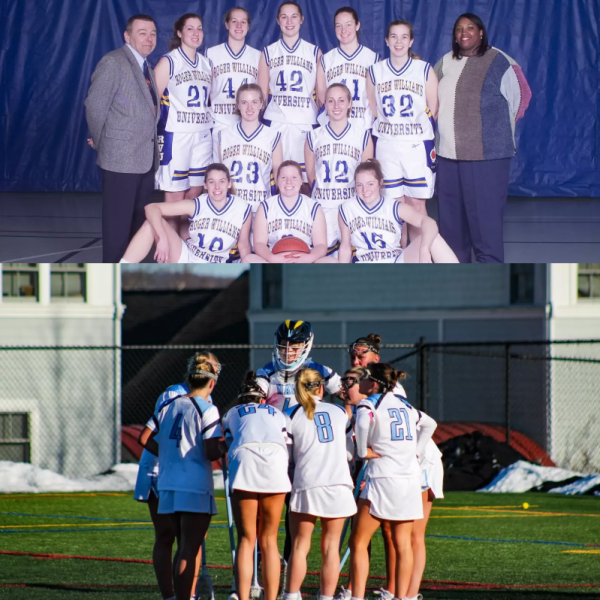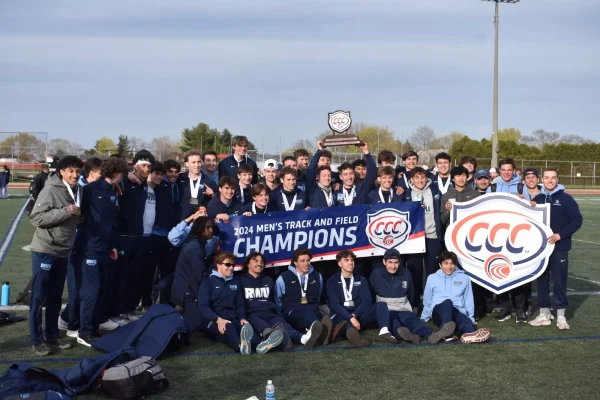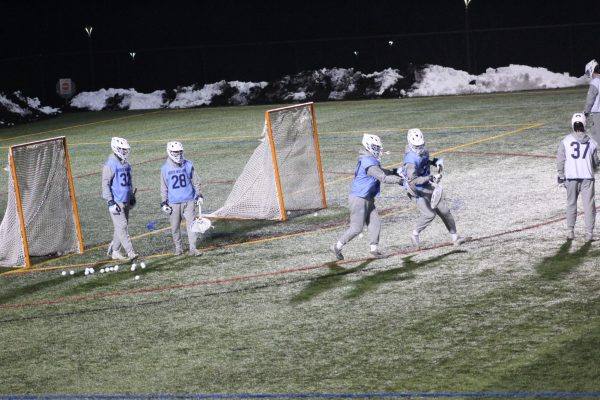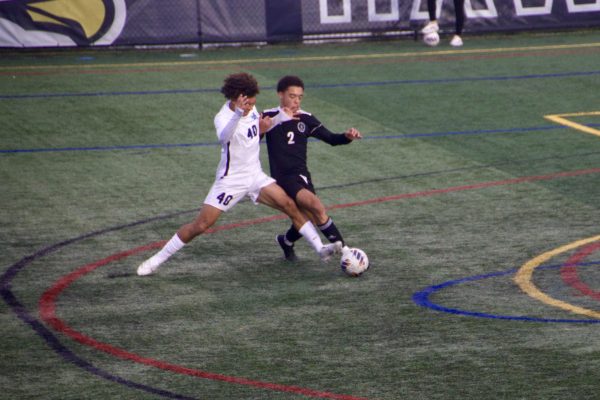Temporary sports suspension leaves lasting mark on athletes
The fall semester at RWU has been tough for all, especially student athletes who must live with the uncertainty of whether or not they will be able to compete in the sports that have made their time here worthwhile.
On Oct. 17, the uncertainty surrounding the semester was magnified when the university decided to suspend all in-person athletic activity following seven positive COVID-19 test results processed by the Broad Institute, the school’s testing partner. Three of these positive results came from varsity student athletes.
Teams were allowed to resume practices on Oct. 20, but that did not change the feeling athletes experienced during the three day hiatus.
“It was initially panic,” said Emma Sheehan, a sophomore on the volleyball team.
The sudden change in policy was understood given the uptick in cases at the time. However, the decision caused a feeling of disappointment that the precautions the school was taking were not fully effective.
“It just was disappointing, to think that all the efforts we put to stay safe didn’t pay out,” Sheehan said.
Athletes also expressed their confusion based on how the decision was communicated.
Coaches were notified in an email on Oct. 17 by Athletic Director Kiki Jacobs that all in-person athletic activities, including varsity and club sports, were suspended. The announcement came at the request of Vice President of Student Life John King. Athletes were told by their coaches with the limited information that was communicated to them, but never heard an official statement from the university.
“All the information we got was directly from our coach. I don’t believe I ever received news directly from the university,” said Kaylin Reen, a junior on the women’s basketball team.
“As soon as she heard the news she reached out to all of us,” Reen said.
“If my coach was not communicating everything she knew to us and we were just left in the blue, then I would be frustrated. I can only imagine how some other athletes feel,” Reen said.
The return to play after only a few days was the best case scenario for athletes.
“We were excited to be back and getting active,” Sheehan said.
The few days of uncertainty left a mark on the minds of athletes as they returned to practice. Some felt a sense of mental exhaustion from the sudden and rapid change of events, while others approached the game with a completely different mindset.
“It was different [the return to play],” Sheehan said. “I think we realized this really is a privilege and we should be thankful for the time we get on the court.”

